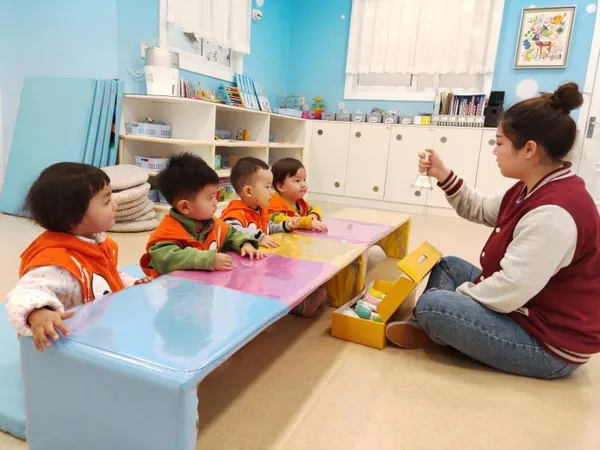For many of us, sitting down to watch a movie is not just a form of entertainment; it’s a therapeutic experience that can significantly impact our mental health. Movies can elicit a range of emotions, from cathartic release to mood elevation, and they provide a safe space to explore and connect with our own feelings. This has led to the emergence of film therapy, a field that is still in its infancy but shows promising potential in improving mental health.
The emotional engagement that movies facilitate plays a crucial role in film therapy. Watching films can create a comfortable distance for individuals to discuss and process their own emotional challenges. Additionally, films offer an opportunity to learn life skills by observing how movie characters navigate their own struggles.
Research in this area has shown that film therapy can reduce conflicts between parents and teenagers, enhance empathy and communication, and mitigate anxiety, making therapy more appealing to many. Moreover, specific groups have benefited particularly from film therapy. For example, it has helped young autistic individuals identify their strengths and build resilience, assisted psychiatric patients in expressing their thoughts and emotions, and empowered young people diagnosed with schizophrenia to find strength and meaning in their challenges through superhero movies.
However, as research in this field is still in its early stages, further exploration is needed to understand how different individuals engage with movies to enhance their well-being and who stands to gain the most from film therapy.
The therapeutic benefits of movies have been recognized for centuries. Aristotle noted that audiences of Greek tragedies experienced emotional catharsis through empathy with characters. Watching movies and TV functions in a similar way, offering a safe space for emotional release without real-world consequences.
Movies combine visual images, storytelling, metaphor, and music, all of which have therapeutic value. They are easily accessible and provide a familiar and approachable topic for therapeutic conversations.
Despite the proven benefits of film therapy, there is a lack of comprehensive guidance on its implementation. In response, I have developed the “Movie Method,” a framework that brings together existing research and practice to guide individuals in mindful engagement with films and TV shows.
The Movie Method, represented by the acronym “MOVIE,” consists of five steps:
Mindful Engagement: Start by considering how you feel and whether it’s an appropriate day to engage with the chosen movie. Reflect on the potential impact of the film on your emotions and well-being.
Observing Responses: Mindfully observe your thoughts, feelings, and physical responses as you watch the movie. Create distance from your emotions without judgment.
Voicing Experience: After watching, articulate and name your emotions. Consider writing them down. Be curious about your emotions and any physical sensations associated with them.
Identifying Personal Relevance: Explore what the movie means to you. Identify with characters and relate their journeys to your own challenges and achievements. Critically assess how characters and issues are portrayed to prevent reinforcing stereotypes.
Exploring New Possibilities: Reflect on how the movie can offer insights and strategies for growth. Consider how movie characters solve problems and what you can learn from their experiences. Connect the movie’s story with your own and think about potential sequels or alternative outcomes.
The next time you sit down to watch a movie, consider how you can make the most of the experience. Applying the Movie Method may help you engage more mindfully with what you’re watching, leading to a deeper understanding of yourself and valuable insights for your mental health.
As film therapy continues to gain recognition and understanding, it has the potential to play a meaningful role in enhancing mental health and well-being.

















